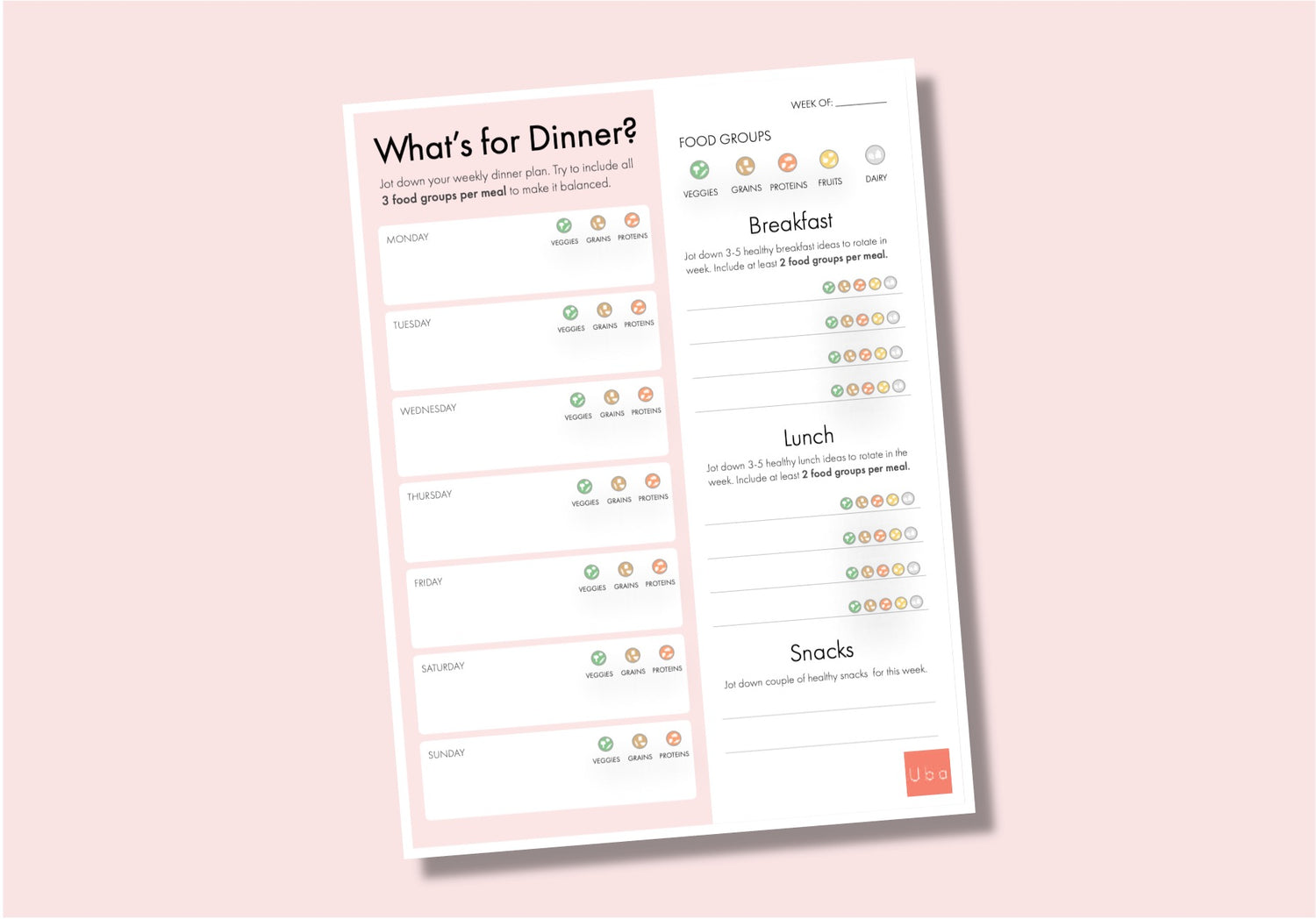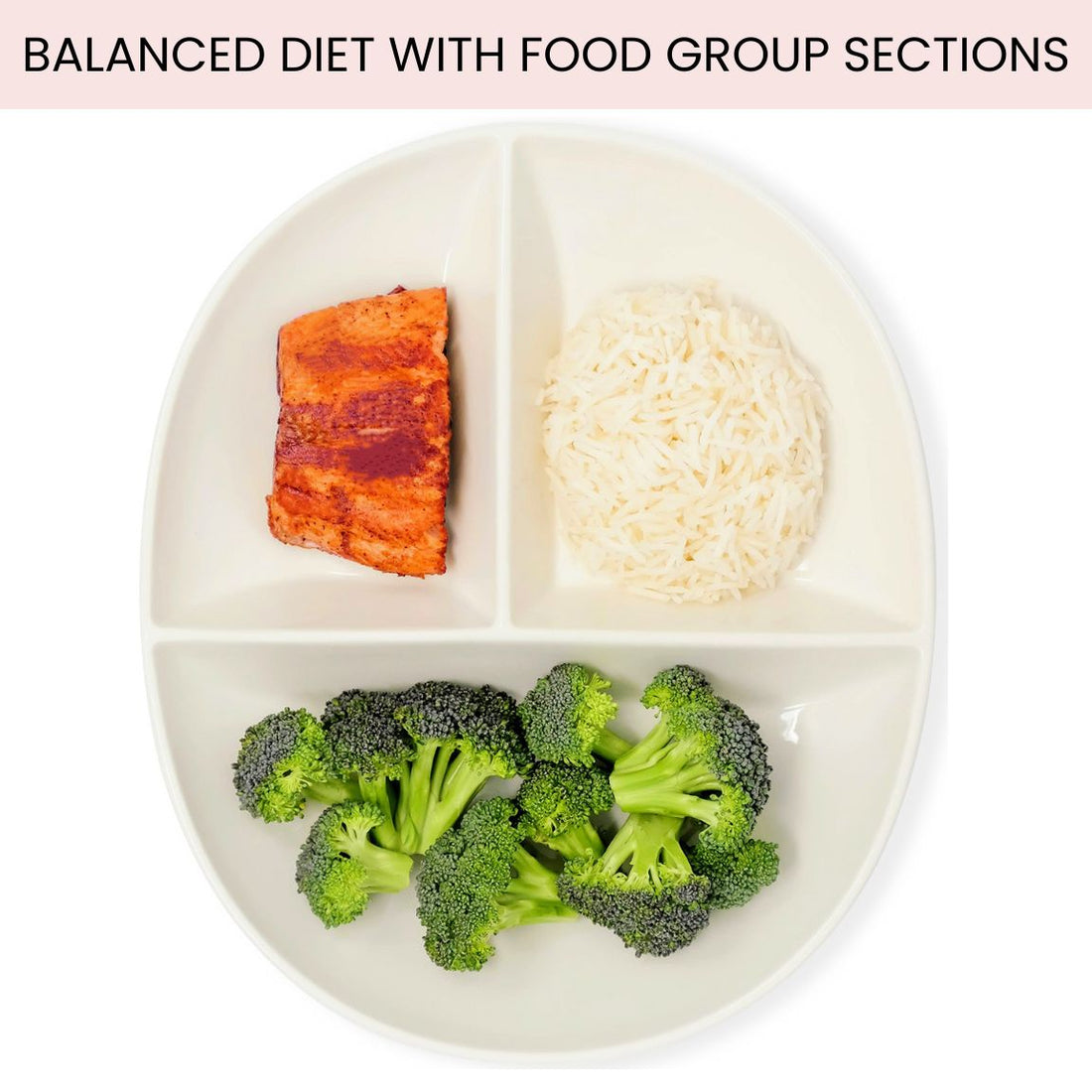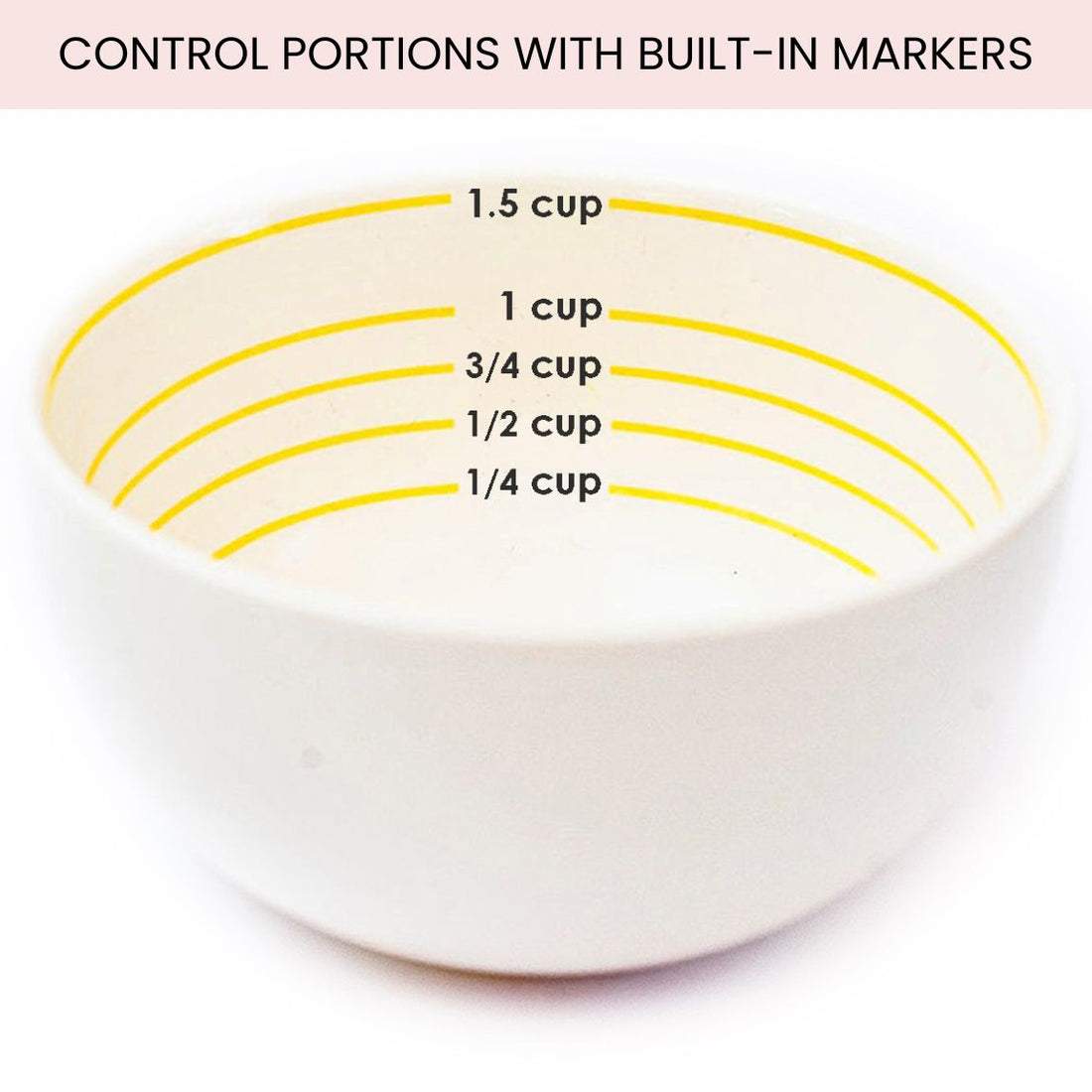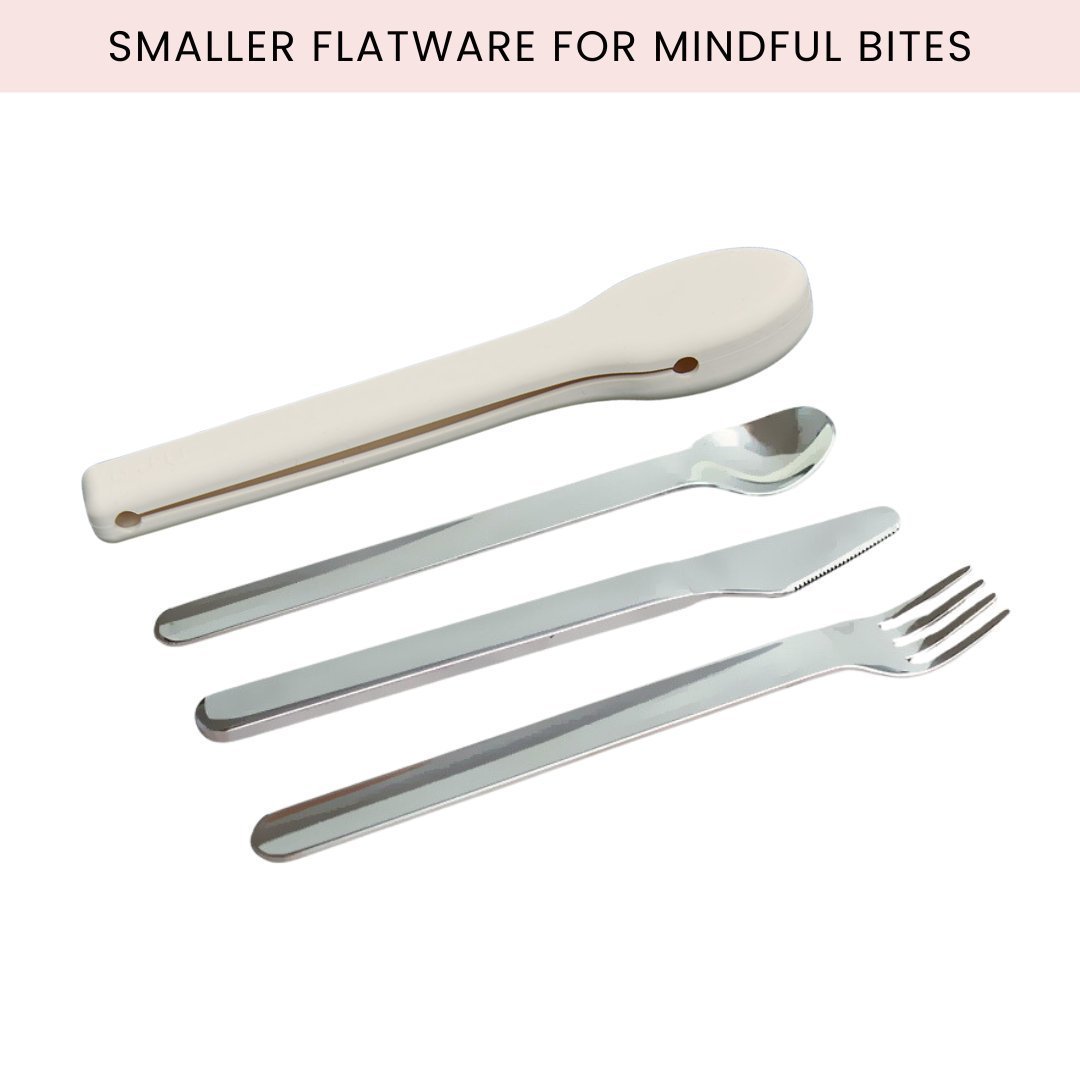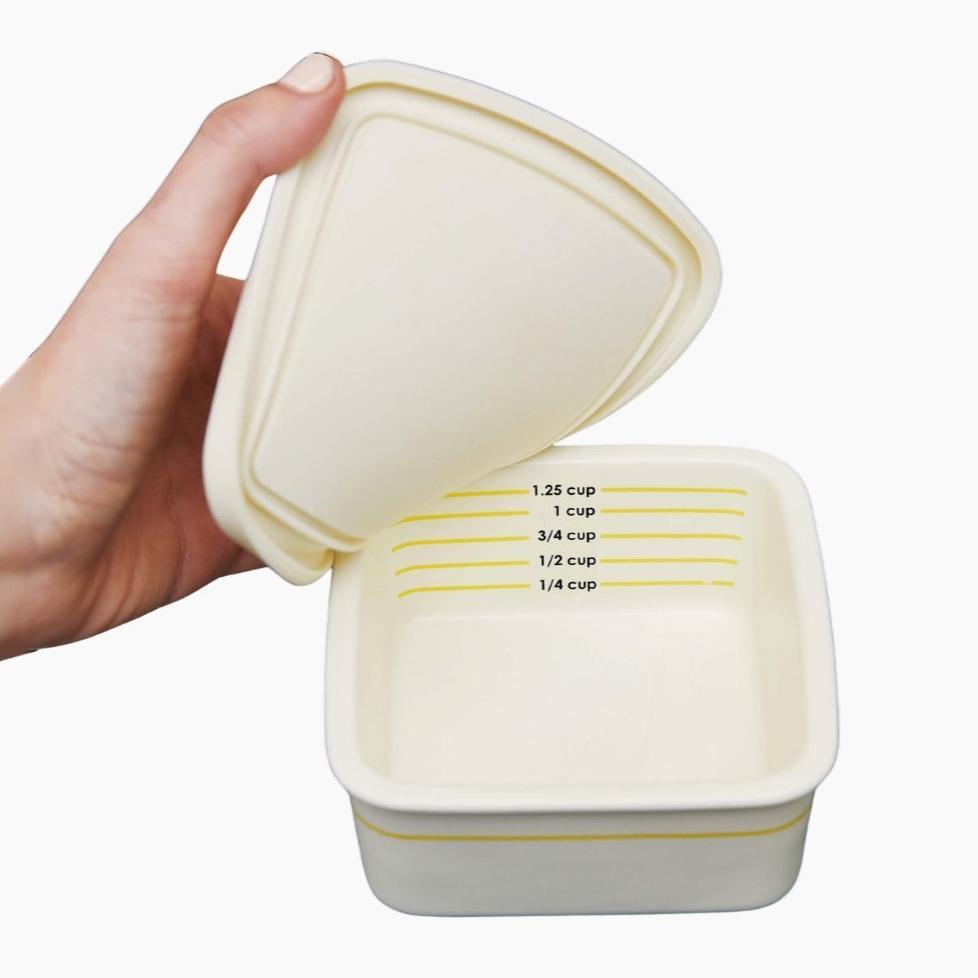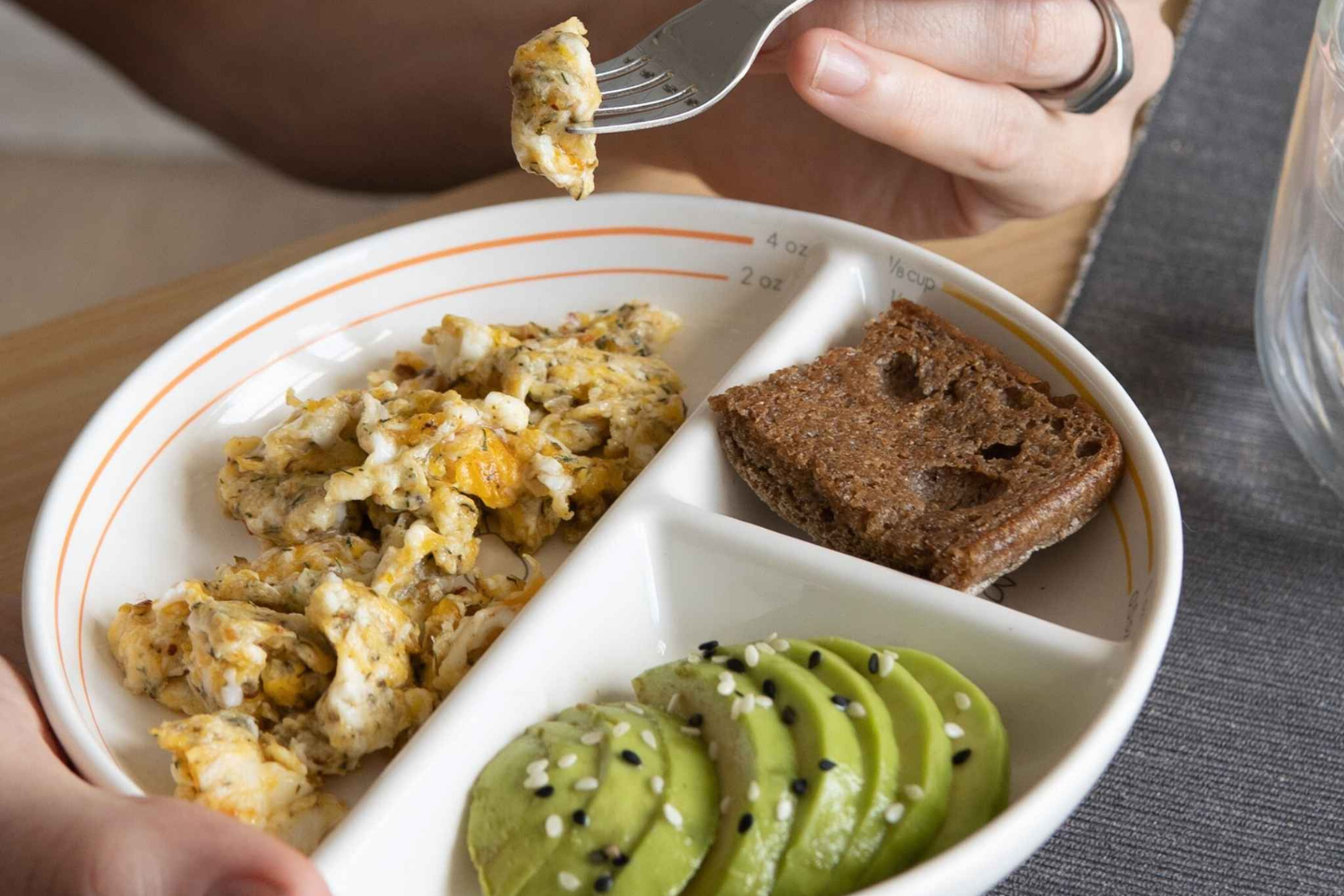Losing weight can be a difficult journey for many women, but with the right lifestyle adjustments it can be easier to reach your health goals. Read on for tips and tricks that can help you achieve long-term weight loss success!
Choose the Right Foods to Lose Weight From the Start.
To maximize your weight loss efforts and stay healthy, start by choosing the right kind of foods in your diet. Focus on nutrient-dense foods like fruits, vegetables, whole grains, lean proteins, and healthy fats. Avoid processed and sugary foods as much as possible since they usually contain empty calories that provide no nutritional benefit.
Eating a balanced diet can help keep you full for longer periods of time and provide all the necessary vitamins, minerals and nutrients to help with metabolism and weight loss. Additionally, make sure to stay hydrated by drinking plenty of water throughout the day.
Find Alternative Ways to Reduce Stress and Get Enough Rest.
Reducing stress can help to support healthy weight loss efforts and meeting your health goals. Stress can be a major culprit when it comes to unhealthy eating habits and weight gain. Many women are unaware that their current lifestyle can also have an effect on weight loss and health. Increased levels of stress and lack of sleep may lead to an increase in cortisol, which is a stress hormone that can cause weight gain.
Try to build some stress management techniques into your routine like yoga, meditation, or deep breathing exercises to reduce stress levels. Additionally, getting adequate rest is important - try to get between 7-9 hours of sleep each night as this will help you maintain energy levels throughout the day as well as stay on top of cravings and make healthier food decisions throughout the day.
Stay Motivated with Check-Ins and Journaling Progress.
Making progress with health and weight loss goals can be tough, but staying motivated is essential for long-term success. Setting regular check-ins with yourself and reflecting on your successes or areas for improvement may help to keep you on track. This could be something as simple as taking five minutes each morning or night to note any successes for the day, recap previous goals and set new ones if needed. If a weight-loss goal feels too daunting, breaking it down into smaller, achievable tasks that are tracked over time will help move those goals forward with more success!
Exercise Regularly.
Exercise is an essential part of any healthy weight loss program. Regular exercise can help you increase muscle mass, burn fat, improve your metabolism and. To get started, aim for 30 minutes of moderate aerobic activity (like walking) or 15 minutes of high-intensity exercise most days of the week. Remember to start slow and gradually increase intensity as needed to prevent injury and fatigue. Strength training exercises like squats and lunges are also great for building lean muscles, further boosting your metabolism!
For optimal weight loss for women, it’s best to focus on both aerobic and strength exercises. In addition to helping you burn calories and lose fat, regular exercise can also improve cardiovascular health by reducing blood pressure, strengthening your heart and lungs, and making it easier for you to do everyday activities without feeling tired. And as an added bonus, regular physical activity can help boost your mood and reduce feelings of stress.


